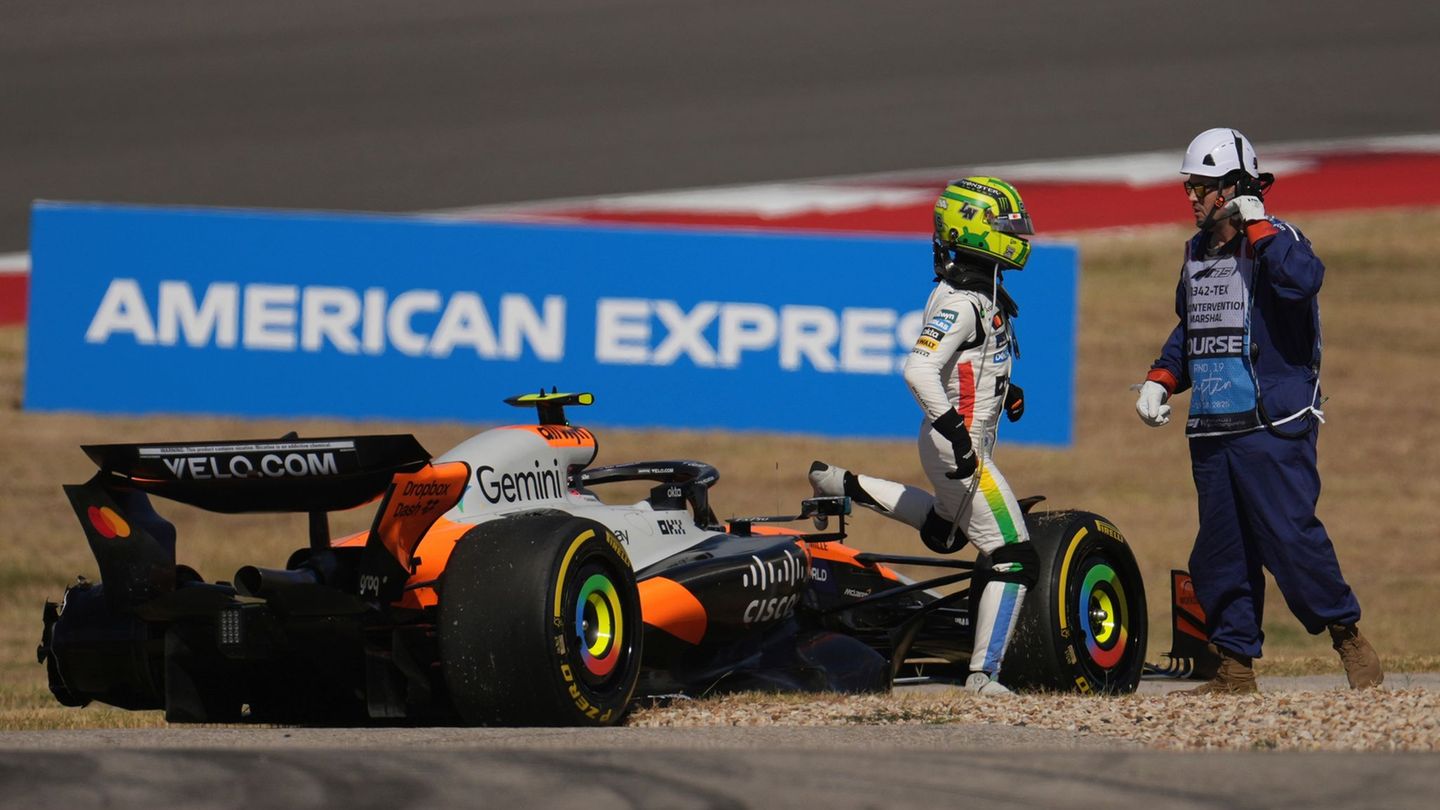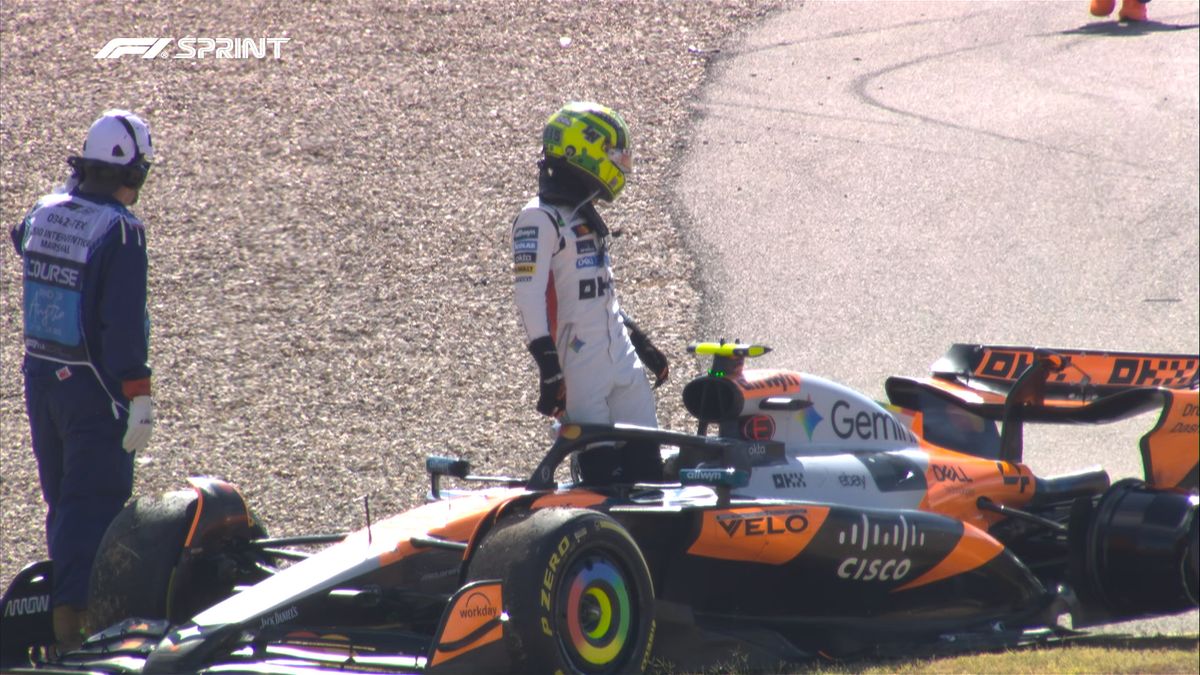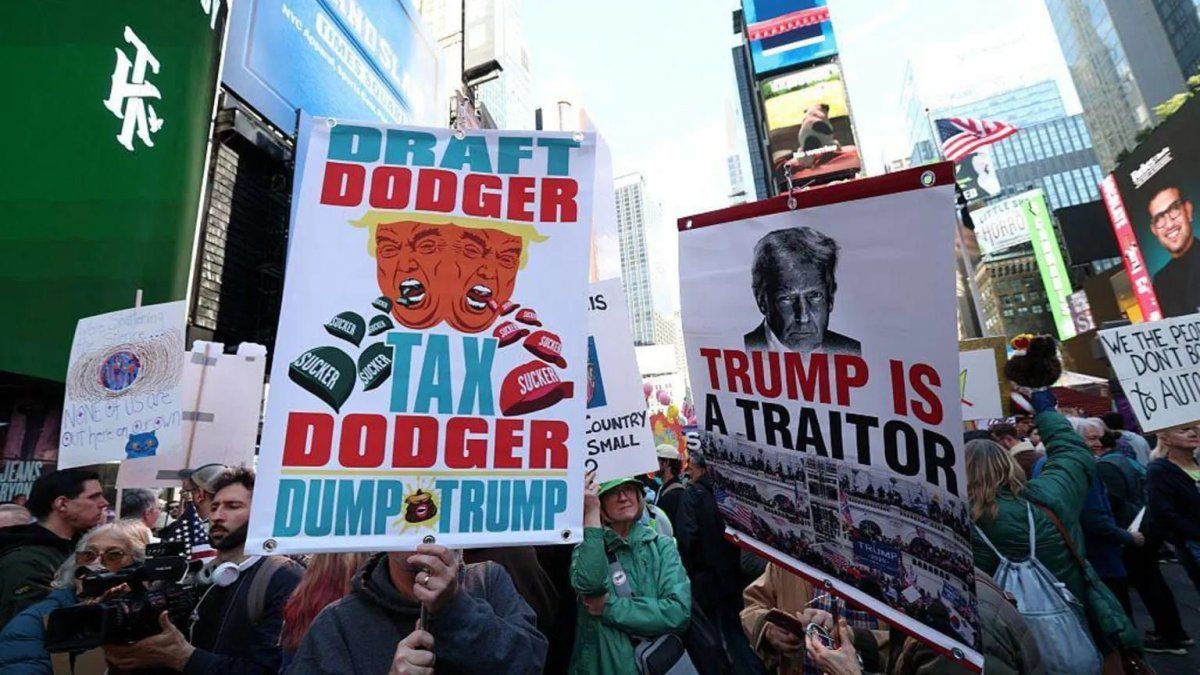Smart strategy of the body
How the muscle memory effect compensates for a break in training
Sticking with it is important in the gym. If you take a break from training, you don’t have to worry about major muscle loss. An endogenous effect helps maintain shape.
Whether illness, injury or lack of motivation – training breaks can have different reasons. Afterwards, many people find it difficult to go back to the gym. After all, you have to regain the form you previously trained with the same effort. Or?
Not quite. Because once you have reached a certain level of muscle training, you benefit from the so-called muscle memory effect, which is also known as muscle memory. “It describes the body’s ability to regain its original muscle mass and strength more quickly after a break from training,” explains sports scientist Dr. Julian Bergmann. The effect occurs if you have previously trained regularly and intensively.
How exactly does muscle memory work in our body? There is no conclusive answer to this because various mechanisms are suspected, says Bergmann. But there are several possible explanations.
Muscle memory even during longer training breaks
Muscle memory can be explained at a cellular level: “During training, the cell nuclei in the muscle cells multiply. These are retained even during a break from training and can be quickly reactivated when training resumes.”
Another approach targets neurological adaptations. “The brain remembers specific movement patterns, resulting in improved coordination and better muscle feeling.” The muscle memory effect sets in quite quickly – the first neurological adjustments can therefore occur after just two to four weeks of strength training. Muscle memory can still be effective even after long breaks in training.

To person
From 2004 to 2010 Dr. Julian Bergmann holds a degree in sports science for rehabilitation and prevention from the University of Potsdam. This was later followed by a doctorate in the research area of neuro-muscular adaptability in Konstanz.
According to the sports scientist, studies show that muscles can be rebuilt quickly even after a seven-week break from training. There is also “evidence that the cell nuclei of muscle cells, which form the basis for muscle memory, can be preserved for up to 15 years.”
How can I use the muscle memory effect?
The muscle memory effect offers several advantages for athletes. “After a break from training, athletes can regain their original muscle mass and strength more quickly.” According to this, athletes achieve visible success faster than people who are less trained. Muscle memory is also beneficial for stress reduction: “When you return to training, the body is exposed to less stress because it can fall back on existing structures.”
However, there are factors that weaken the effect. The older a person gets, the more the effect wears off. Even if you don’t use your muscles for several years, the effectiveness of muscle memory is significantly reduced.
No longer a fitness myth, but some aspects are still unclear
While the muscle memory effect was long dismissed as a myth, it has now been confirmed as a real phenomenon by several studies, reports Bergmann. However, some aspects are still unclear: “Although studies show that the effect lasts at least seven weeks, the maximum duration of the muscle memory effect has not yet been clearly determined.”
In addition, it is not yet known how much the effect varies from person to person and what factors influence it. “The longer and more intensely someone has trained before a break, the stronger the muscle memory effect can be.” So it’s worth being diligent right from the start. You could benefit from it later, during a break from training.
Source: Stern
I am Pierce Boyd, a driven and ambitious professional working in the news industry. I have been writing for 24 Hours Worlds for over five years, specializing in sports section coverage. During my tenure at the publication, I have built an impressive portfolio of articles that has earned me a reputation as an experienced journalist and content creator.





